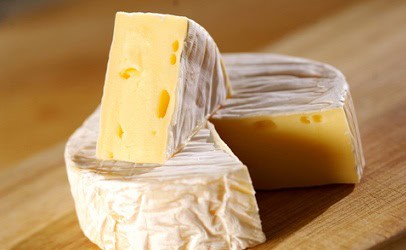Blog
Pasteurized Or Unpasteurized- Which Is Best?
At Shisler’s Cheese House, we home a number of cheeses soft, hard, blue- you name it. These cheeses are either made with pasteurized or unpasteurized milk, it usually comes down to the cheesemakers choice, however, some regulations restrict cheesemakers, for example, Stilton has to be made with pasteurized milk and Comte, which has been subject to many controversies, has to be made using unpasteurized milk.
The biggest wonders that come up when discussing the two kinds of milk are first, is pasteurized milk safer than unpasteurized milk? Secondly, does cheese being made with unpasteurized milk taste better?
The most important subject to discuss is obviously if pasteurized milk is safer. It is not an easily answered question, you need to look at the risks and safety concerns surrounding unpasteurized milk, first.
It is common that cheesemaking rooms will contain lots of different bacteria, mainly good bacteria, but then there are quite a few bad bacterias. Some of the bad bacterias that may be present can contaminate milk or cheese with E-coli, Salmonella, and Listeria. However, there are ways to keep these under control and minimize the risks. Some of these ways are actually part of the cheesemaking processes, such as salt dehydrates, these help a lot because a lot of bacteria requires moisture to thrive. Other processes include appropriate procedures during the handling of the milk, the cheesemaking and the maturing of the cheese, shipping, and packaging.
What Is Pasteurisation?

Pasteurization is the process of heating the milk to around 160 degrees Fahrenheit for 15-25 seconds. This is to kill the pathogens which were mentioned above, not only that, but it kills pretty much everything else, which can be bad as some are important in cheesemaking as they act as a natural defense which comes from the milk. This process also allows for more errors as cheesemakers can become complacent which increases contamination risks. However, that being said, all cheesemakers that Shisler’s Cheese House works with, are never complacent and work to a high and safe standard at all times.
The main thing we believe is that with the safe and controlled handling of milk and cheese, whether it is pasteurized or not, the outcome will be the cheese that is safe to eat, with no significant risks either way.
Does Unpasteurised Milk Taste Better?






